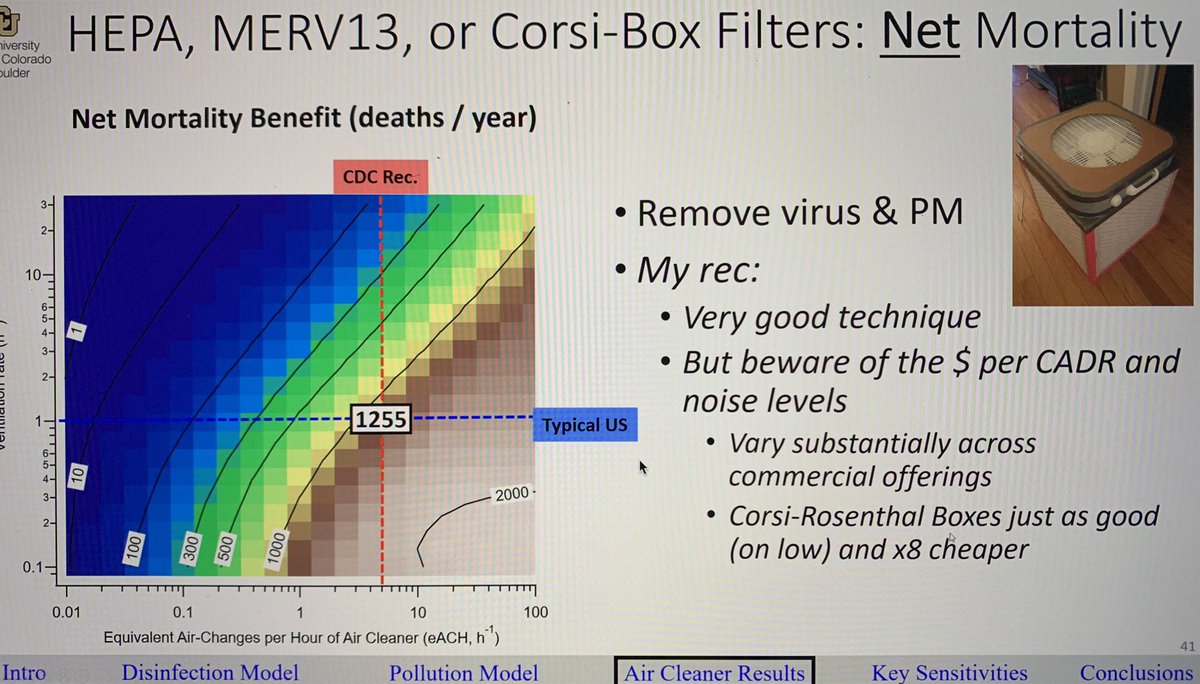I’ll keep saying it until data suggest otherwise, but there’s growing evidence that Covid causes brain damage. Reacting to traffic signals, accurately reading signs, switching lanes to anticipate obstacles, and staying calm under stress all rely on our executive functions like inhibition control & task-switching. When these are impaired, accidents can happen. Covid causes more vehicular accidents & likely contributes to plane and train accidents as well.
https://twitter.com/catladyactivist/status/1713199605226119661
People want evidence, so I’ll be posting evidence all day.
1 study per hour that I’m awake.
Here’s the first linking mild, non-hospitalized Covid infection with unfavorable changes in the brain.
nature.com/articles/s4158…
1 study per hour that I’m awake.
Here’s the first linking mild, non-hospitalized Covid infection with unfavorable changes in the brain.
nature.com/articles/s4158…
Ok, here’s a bonus, since I already posted this review:
https://twitter.com/drseanmullen/status/1713591215189332144
Here’s a systematic review & meta-analysis & key highlights were:
“Cognitive deficits are highly prevalent in people who have recovered from COVID-19.
Visual short-term memory and attention are also likely to be impaired after COVID-19.”
sciencedirect.com/science/articl…
“Cognitive deficits are highly prevalent in people who have recovered from COVID-19.
Visual short-term memory and attention are also likely to be impaired after COVID-19.”
sciencedirect.com/science/articl…
At one-year follow-up:
“Those with an infection were significantly more likely to report …memory impairment (25.7% vs. 14.3%”
Specifically, they were 2.27x more likely to experience memory impairment relative to the controls.
link.springer.com/article/10.118…
“Those with an infection were significantly more likely to report …memory impairment (25.7% vs. 14.3%”
Specifically, they were 2.27x more likely to experience memory impairment relative to the controls.
link.springer.com/article/10.118…
So we're not sure if the virus directly attacks the brain or if the brain problems are a result of the body's overall response to the virus. Using a powerful microscope, researchers studied how this virus affects the brain in monkeys. A week after getting infected, the virus was found in a part of the monkey's brain related to smell and other connected areas. This infection caused significant brain inflammation and damage, especially in older monkeys with diabetes.
h/t @Kilian_Rolle
h/t @Kilian_Rolle
• • •
Missing some Tweet in this thread? You can try to
force a refresh

 Read on Twitter
Read on Twitter






